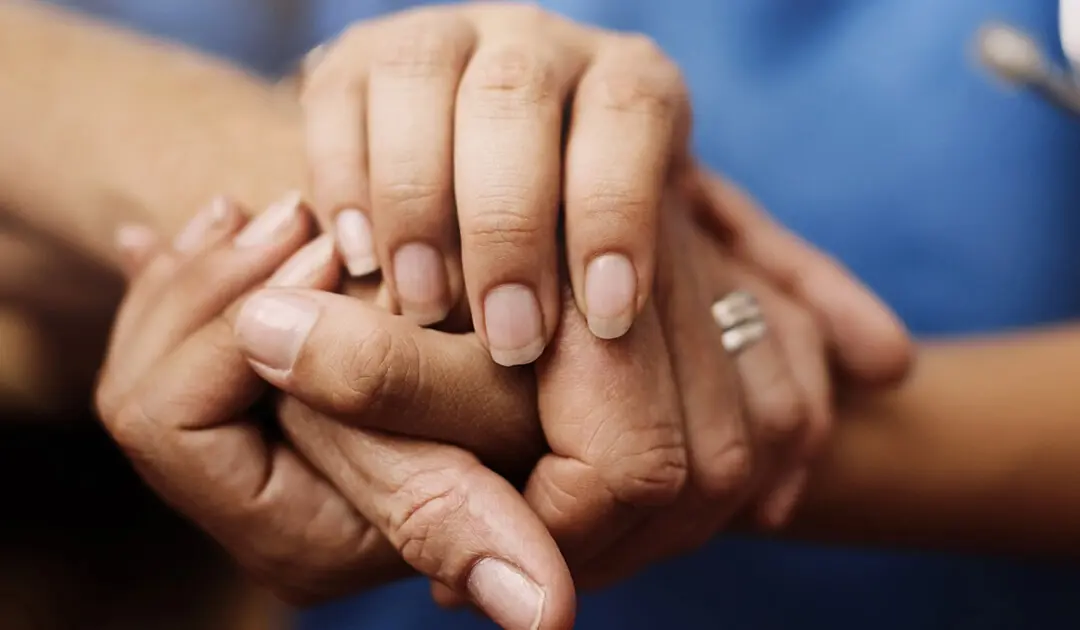When It All Goes Wrong

Have you ever been trapped in an elevator? Have you waited in a designated area only to be told that the department you were seeking has moved but the signage wasn’t changed? Have you had to throw away your personal belongings because the TSA deemed that they were too large, too liquidy, or too . . . something?
Have you ever gotten all the way to your gate at the airport only to find that the gate had changed but the change was not reflected on your boarding pass or the departure boards? Have you arrived at your gate to find that you missed the flight by minutes? How did you feel in those situations? Does even thinking about them make you uncomfortable or anxious?
ALL of these things happened to me during my last international business trip. Needless to say, after hauling my full-size luggage and tradeshow booth around the Atlanta airport, through security (yes, amazingly they let my tradeshow booth with three-foot metal pipes through), to the wrong gate, to the correct gate, and back out of the airport to the ticket counter again—I was stressed and anxious in every sense of the word: physically, mentally, and emotionally.
What happened to me internally as I waited for over an hour and a half for someone from the airline to open the ticket counter I liken to a sound wave or a Ping-Pong ball—I was up, down, up, down, and so on.
As my physical stress decreased after my empirical lesson as to why they call it “luggage,” my breathing started regulating and I started feeling calm. That was, until a woman walked up and asked if I was waiting in line for the airline. When I said yes, she responded in an extremely irritated and defensive tone that she had just missed her flight while sitting at the gate. She went on to tell me in a rather loud and agitated voice about how the ticket workers even looked at her, never paged her, and how the service was terrible.
I could feel my anxiety start to rise as I listened to this lady, since we were to have been on the same flight and she had had similar problems with the gate change information, but had apparently had arrived there prior to boarding. I listened to her and let her vent, hoping that she would run out of steam and be calm by the time the airline employees arrived, because the last thing I wanted was for them to be defensive about their policies, procedures, or what they had or hadn’t done when they were helping me.
As the line behind me grew, I heard her story repeatedly. Her venting wasn’t deflating her defensiveness; rather, it seemed to be fueling it.
When the airline employees were ready, I approached the gal who called me up and explained that I had been stuck in elevator L1 for over five minutes, and then pointed to their signage down the terminal where I had gone instead of going to the ticket counter. I tried to remain calm, but with having to explain being trapped in an elevator, I’m sure there was pleading in my voice as I asked her if I could get on the next flight, or if there was something else she could do for me.
Since the airport and airline had, in essence, caused me to miss my flight, she arranged for me to get on the next flight at no cost and was sympathetic to the feeling of being trapped.
At about that time, the second employee called the woman behind me up to the counter and right away, she pointed her finger at them and said something to the effect of “YOU caused me to miss my flight . . .” She went into a tirade of how they were to blame for her missing her flight while she was sitting right at the gate.
The girl who was helping me took the other one aside and told her that she was being charged for any changes because the woman didn’t board when boarding was announced and was indeed at the gate but just sitting there. When the woman was told this, she erupted into a loud diatribe of how she had been wronged, and received terrible service.
I received my boarding passes, checked my baggage, headed to my gate, and could still hear her as I made my way down the hall. About two hours later, I saw her at the gate. She told me that after getting a supervisor on the phone and then making a supervisor come to the area in person, she finally got her flight change free.
I couldn’t help but wonder how different her situation may have been had she approached the counter with a little bit of humility, helplessness, and sugar. The girl helping me certainly was sympathetic to my situation, but I could see the changes in her behavior as the woman berated both workers elevating what appeared to be their normal baseline of behavior.
It would be easy to throw a cliché or two out there, like you catch more flies with honey, treat others as you’d like to be treated, or remember the golden rule; all are true enough, but it goes beyond that. My attitude and behavior is going to affect your attitude and behavior, and vice versa.
I’m sure you can think of an example right now where how you reacted to a situation either made it worse or better. Whether I realize I am actively using it or not, whenever I need assistance or a tangible item from someone, I always at least try to approach them in a respectful way that will keep them in a non-anxious, non-defensive mentality. Yeah, I guess I try to catch my flies with honey.
Schedule a Consultation
Learn how CPI’s training programs can benefit your organization.
Let's Connect